Get Away
Time off is important
I recently returned from nearly two weeks of time off. This is the first time off I’ve taken in nearly seven years, and it’s convinced me that I need to take two weeks off every year for as long as I live.
I should be specific about the phrase “time off.”
I don’t mean vacation or holiday, though I was undoubtedly on vacation then. I mean time away from everything familiar and routine.
I spent the last two weeks in England. I was at a conference the first few days, so it was work, even though it was not routine, and was in an unfamiliar environment. But after that, I took time off.
My wife and I spent a couple of days in London, visiting touristy sites like Parliament, the Tower of London, Westminister Abbey, and, most importantly for this devoted Sherlockian, the Sherlock Holmes Museum.
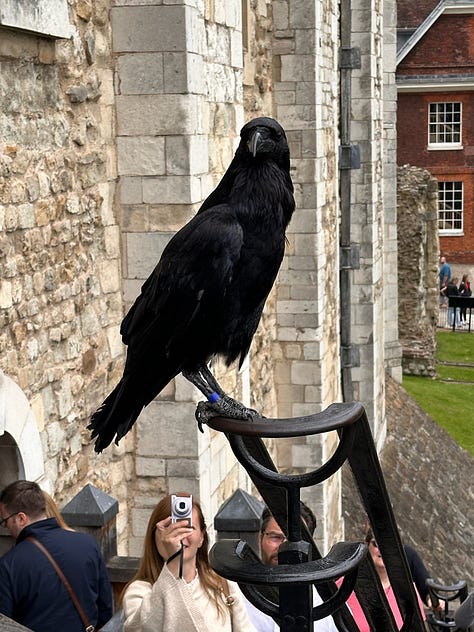
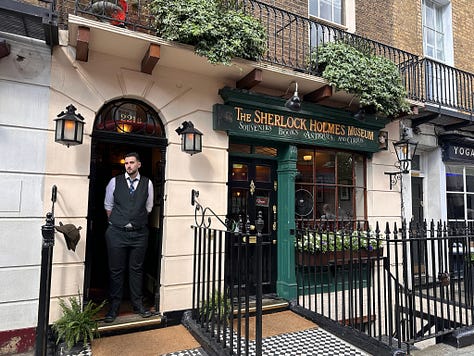
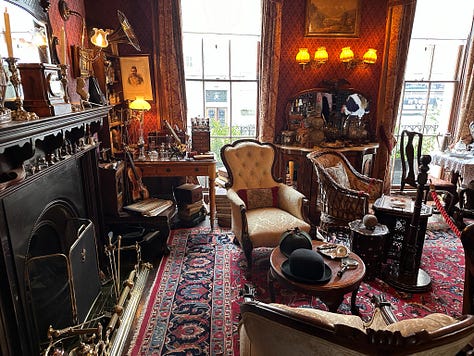
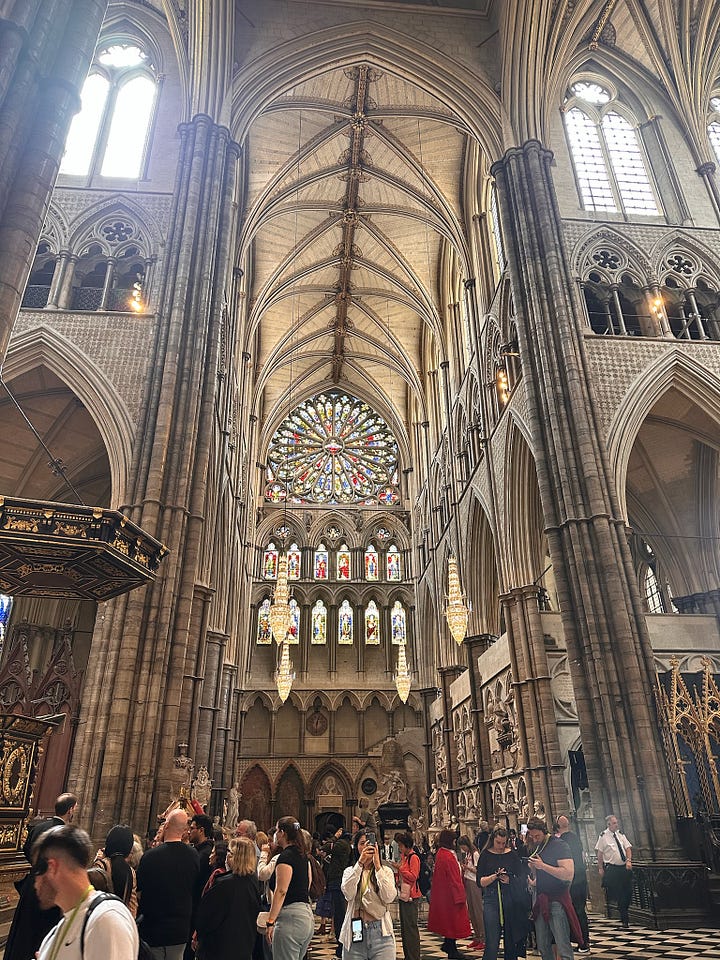
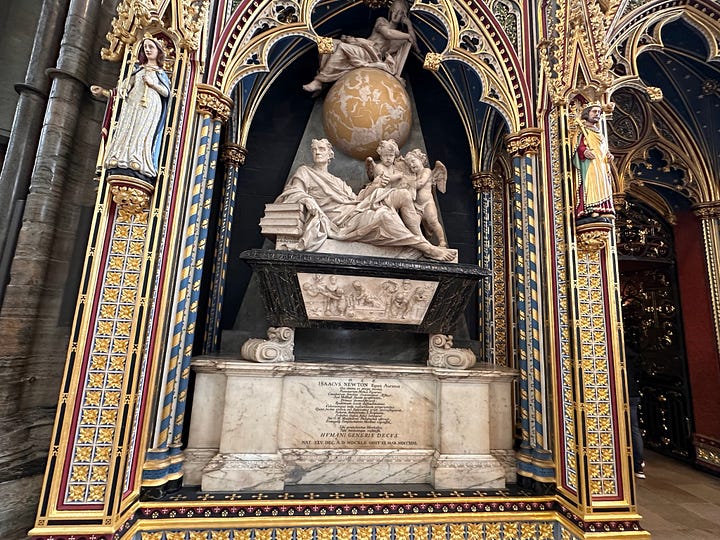
We spent an afternoon in Oxford (and visited a cemetery where some favorite authors are buried) before heading to the Cotswolds for a few days of country living.
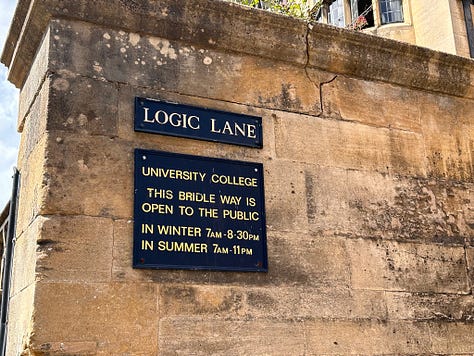
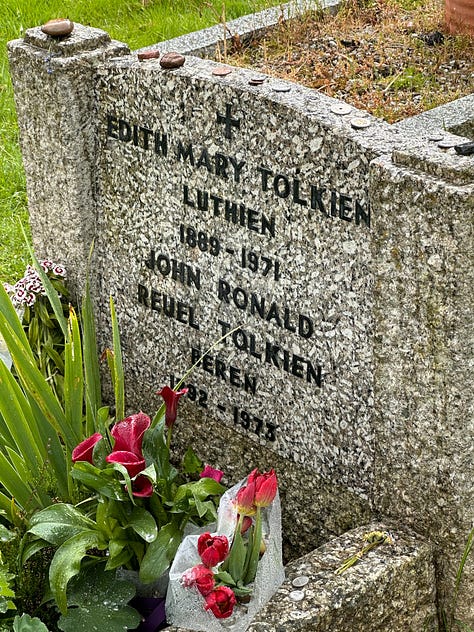
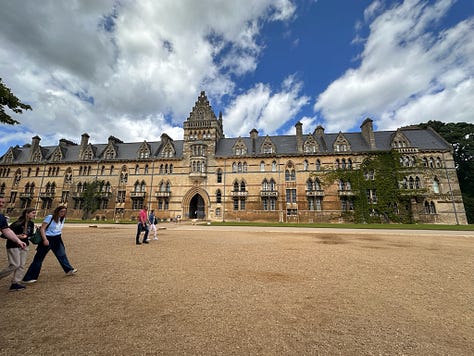
Then we relaxed on the North Cornish coast for a few days, because we love the sea and it’s just so gorgeous there.

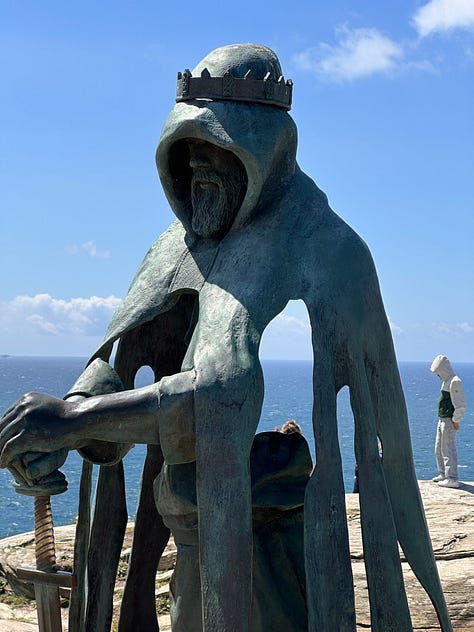
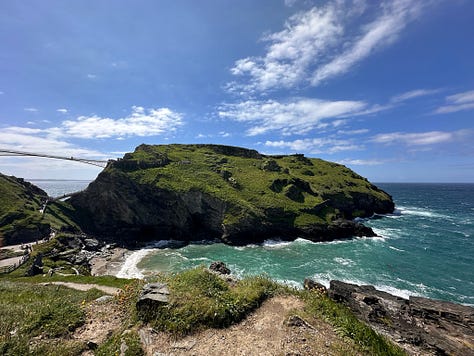


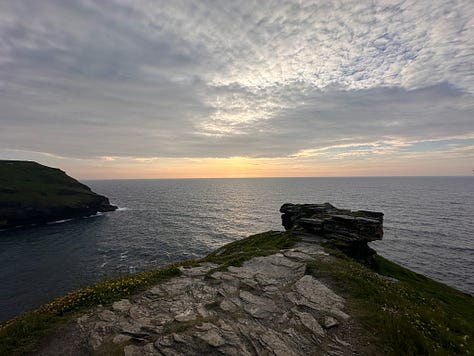
Finally, we visited Glastonbury and saw Stonehenge before heading home.

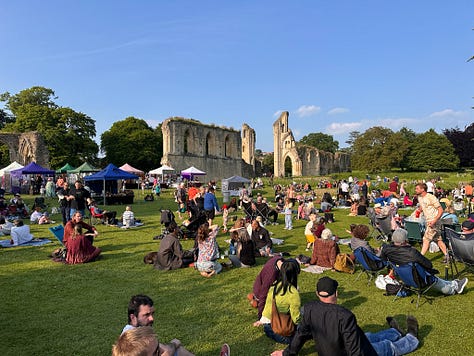
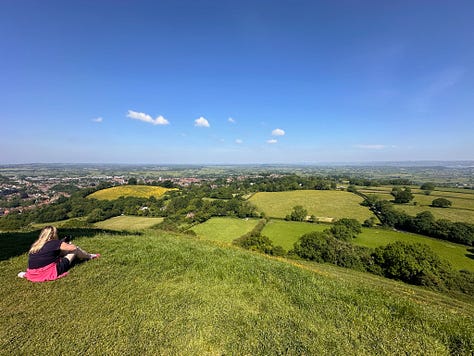
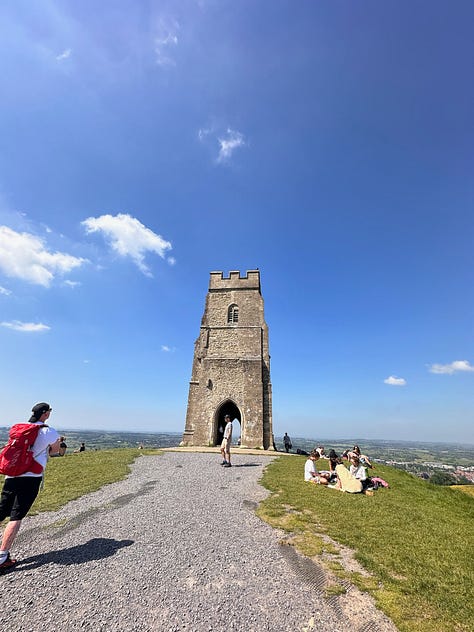
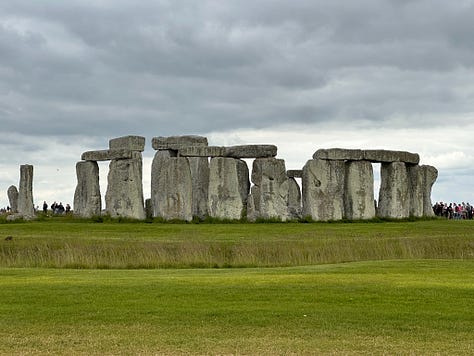

Yes, it was beautiful, and we had a lovely time. What’s truly important, however, is what I learned about time off.
The most valuable part of my time off had nothing to do with where I was or what I was doing. The real benefit was where I wasn’t and what I wasn’t doing. Specifically, I wasn’t home and wasn’t responsible for anyone except my traveling companion (and was only marginally responsible for her).
Don’t get me wrong — I love my home and the people I’m responsible for at home and work. The value of time off wasn’t some kind of escape from these things at all. Being away simply made the value possible.
The value was, in modern parlance, complete mindfulness.
Mindfulness—the state of being entirely in the moment, experiencing the now without worrying about what came before or stressing about what comes next—is generally considered a good mental health practice. I’ve found it to be a positive influence, and I try to make time each day just to be, usually while exercising and walking my dog.
During my time off, however, I experienced complete mindfulness. For more than ten days, I lived entirely in the moment, nearly every minute of every day. I never worried about something that had happened or stressed about what might happen next.
This was possible because I didn’t read emails, look at social media, or read much news beyond maintaining a general knowledge of current events. (While I was in England, the Prime Minister set new elections, and Donald Trump became a convicted felon.)
The complete mindfulness was intentional. During the first couple of days, I wondered how things were at work and home, but I realized what I was doing—and the stress it was causing—and deliberately let those thoughts pass.
There were times on the trip when specific events caused stress, but once the situation was resolved, the stress was gone, and the event had no further impact on us. We simply went back to having a wonderful time.
This complete mindfulness, this authentic carpe diem, was our dominant ethos for ten days. Everything was better. Decisions were easier and created little, if any, stress.
Near the end of the trip, I found myself thinking about what I wanted to do when I got back to work. My thoughts were creative and positive, and my ideas excited me, so I held on to them for a while. And then the thoughts passed naturally and I let them go with gratitude.


